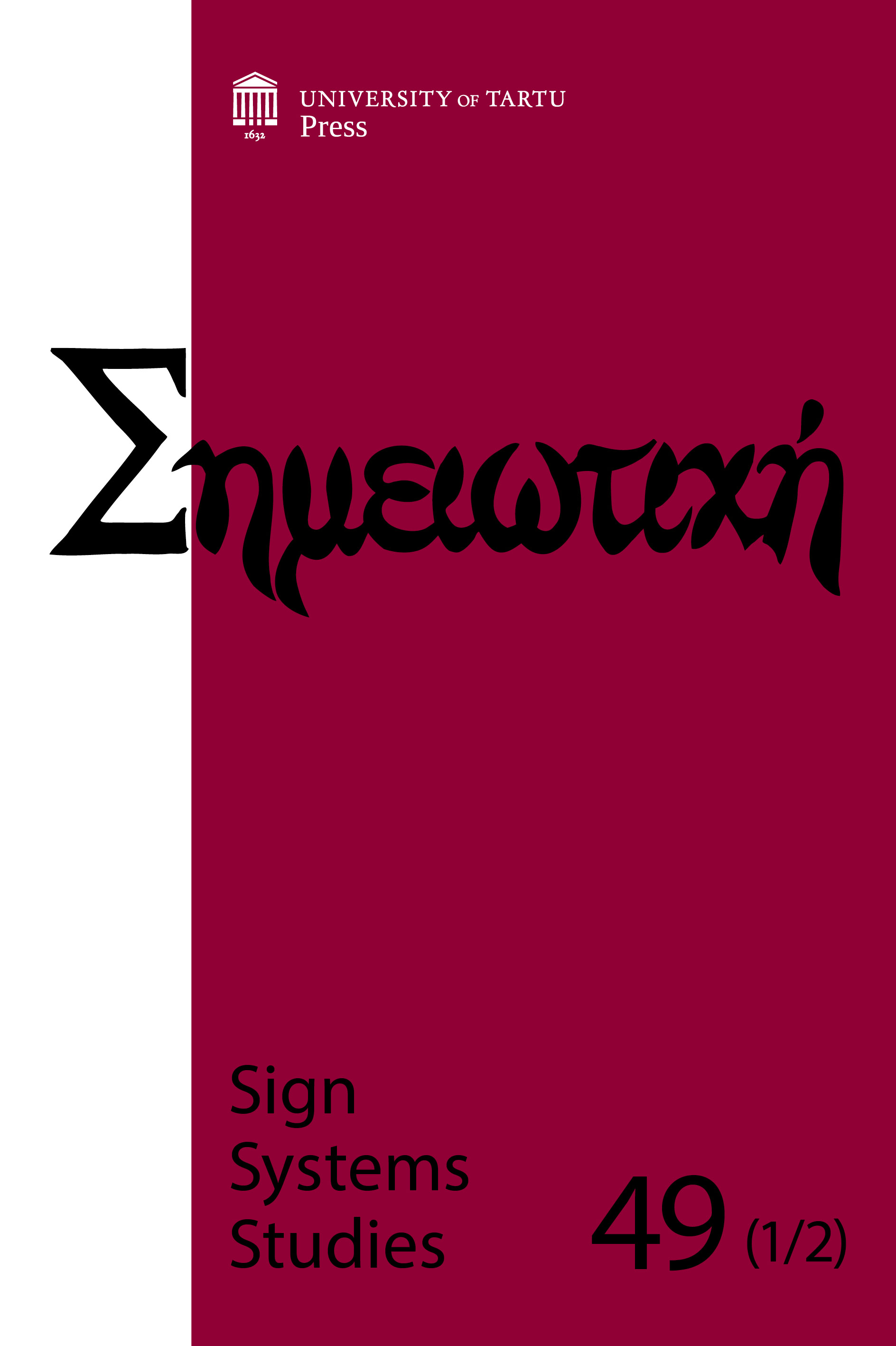Solar energy discourse in the Sunshine State
DOI:
https://doi.org/10.12697/SSS.2021.49.1-2.03Keywords:
2016 Florida solar amendment, energy distribution, net metering, Peirce’s phenomenological categories, progressive vs. conservative modes of thought, framing, ecolinguisticsAbstract
This case study of a 2016 Florida constitutional amendment analyses the semiotic devices and mechanisms of shaping public opinion on solar energy and beliefs about energy distribution. After a nationwide rise in rooftop solar installations between 2014 and 2015, utilities in several US states were faced with challenges to their business models. Anticipating similar problems in Florida, utilities and energy corporations promoted constitutional amendments. This semiotic analysis follows the voter from the billboards and flyers to the text on the ballot. Starting from Peirce’s phenomenological categories, this critical analysis of the campaign reveals how the goals of the amendment were shrouded in positive environmental and consumer protection narratives. Lakoff ’s cognitive linguistics and Stibbe’s ecolinguistics support a deeper analysis of the ballot text. This study shows that by leaving key concepts (especially net metering) out of the discourse, the ballot text successfully framed an anti-solar amendment as a pro-consumer measure, while hiding the direct legal implications concerning alternative energy distribution. In particular, this study explains the opposition to the sharing of surplus in the context of neoclassical economics as a key factor in shaping beliefs about alternative energy distribution.


